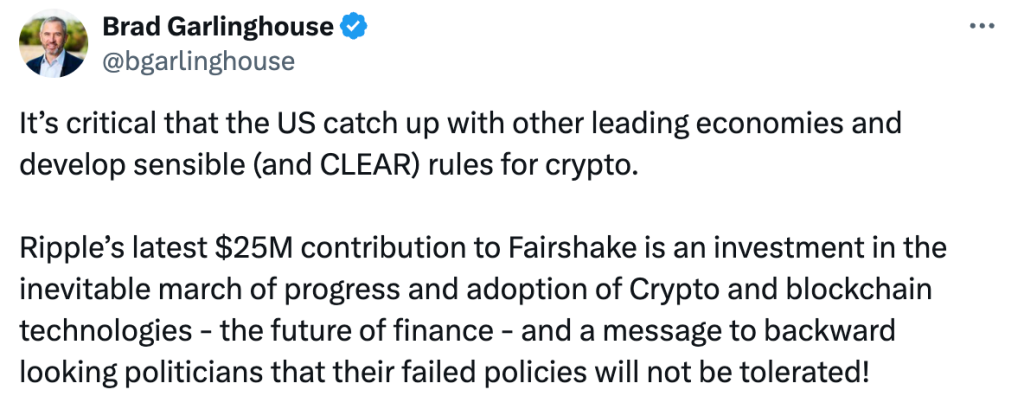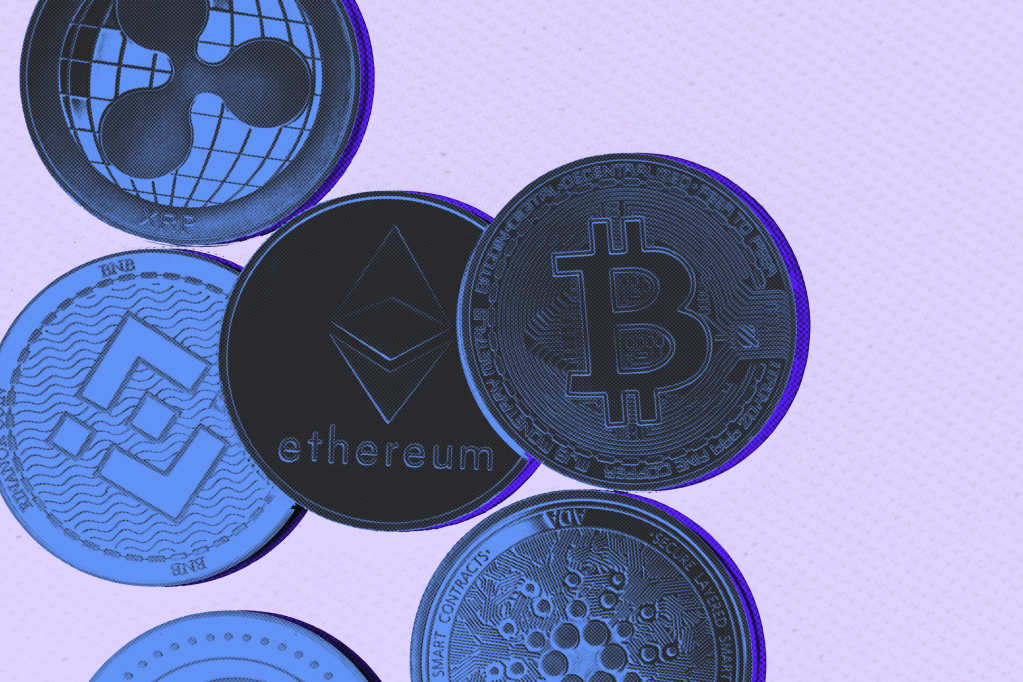Ethereum was headed to all-time price highs this week after the SEC’s announcement of an ether ETF approval, following in the steps of bitcoin ETFs in January.
The approval was granted on May 23, marking a significant development for the cryptocurrency market, and includes filings from firms including BlackRock, Fidelity, Grayscale, Bitwise, VanEck, Ark, Invesco Galaxy, and Franklin Templeton.
While the approval of the 19b-4 filings allows these ETFs to be listed and traded on their respective exchanges, the actual trading of these ETFs will only commence once the SEC approves their S-1 registration statements.
These statements detail the specifics of the funds, including fees and operational mechanisms. The approval process could take from several weeks to months.
This move by the SEC is seen as a positive signal for the broader acceptance of cryptocurrencies in traditional financial markets, despite ongoing debates and legal considerations about the classification of ether as a security.
Sergey Nazarov, founder of blockchain network Chainlink, said this will undoubtedly lead to further launches. “It will extend beyond bitcoin to, in this case, ETH, but I personally feel that that’s really just the beginning. Just like many systems and protocols initially list bitcoin and ETH, and then eventually list a multitude of other tokens, that is really the trajectory that we’re on,” he said.
Ronaldo Binance NFT
Soccer star Cristiano Ronaldo has launched another NFT through trading platform Binance, despite facing a $1 billion class action lawsuit in November 2022 related to prior launches.
The fourth collection with Binance, released on May 29, highlights significant moments from his career and features digital artworks and memorabilia.
The NFTs are available for purchase with USDT exclusively on the Binance NFT Marketplace.

Ronaldo announced the launch on X. Titled Forever Worldwide: The Road to Saudi Arabia, it showcases his career through his time in Portugal, Manchester, Madrid, Turin and Saudi Arabia.
While the exact number of NFTs in the collection hasn’t been disclosed, all “Normal NFTs” will have a fixed price, and the “Super Rare NFTs” will have different pricing.
This release is reportedly part of a multi-year partnership between Ronaldo and Binance, aimed at providing fans with unique digital experiences and memorabilia.
Ripple pledges $50m to PAC
Ripple has committed to supporting Fairshake, a political action committee (PAC) which aims to back pro-crypto candidates in the upcoming US presidential election.
The $25m donation matches one made last year, with the $50m total making up a sizeable chunk of the over $100m now pledged by a coalition of crypto industry players including Coinbase, Andreessen Horowitz and the Winklevoss twins.
The benefactors have the shared aim of electing leaders who will promote innovation in the blockchain and crypto sectors while advocating for responsible regulation.
Ripple CEO Brad Garlinghouse said the initiative was crucial to counteract what he sees as regulatory overreach, particularly by the SEC, adding that it’s crucial the US develop clear policies so that it doesn’t fall behind in the global race.

The initiative was launched just three months ago, but the sum donated puts crypto on track to rival other, more traditional, industries in terms of political giving.
“If you look at like the oil and gas lobby or the banking lobby – I mean they’re spending, I don’t know, in the order of $100m a year,” Brian Armstrong, CEO, Coinbase, said last year. “Money moves the needle. For better or worse, that’s how our system works.”
PACs are influential in shaping political outcomes by financially supporting candidates who advocate for policies that benefit their interests, and can also influence public opinion through advertising campaigns and other forms of political communication.
They are regulated by the Federal Election Commission (FEC) and must adhere to strict reporting requirements. They must disclose their donors and the amounts contributed, as well as how funds are spent. There are also limits on how much money individuals can contribute to PACs and how much PACs can donate to individual candidates .

















